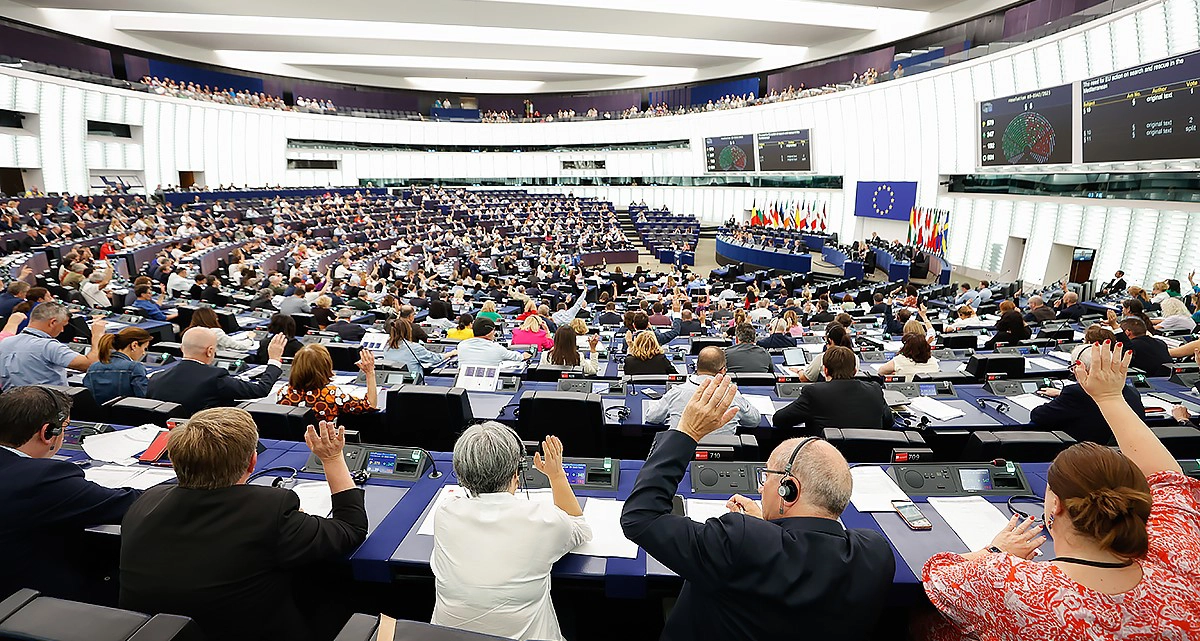
The upcoming European elections are critical to the energy sector for several reasons – key issues include energy transition, climate targets and energy security. The acceleration of the green transition from fossil fuels to renewable energy sources is a significant task all across Europe. “EU policies and funding to support renewable projects, infrastructure improvements, and innovation in energy storage are crucial,” says Károly Banai, MET Group’s Public Affairs and Government Relations Director.
At the same time, EU member states must take into consideration the economic impact of this transition. Balancing the economic consequences of transitioning to a green economy, ensuring that industries can adapt, and protecting jobs while fostering new opportunities in the green sector are crucial considerations for European governments over the next few years.
The current geopolitical situation, particularly the reliance of European countries on energy imports, highlights the need for a secure energy supply chain. “Diversifying energy sources and investing in domestic renewable energy are vital to reducing dependence on external suppliers”, emphasizes Károly Banai.
The EU aims to be climate-neutral by 2050, this objective is at the heart of the European Green Deal. Ensuring that Europe actually meets its ambitious climate targets, which include reducing greenhouse gas emissions by at least 55% by 2030, is a central concern on the European political scene. Drafting, approving and implementing the appropriate regulations to enforce these targets is therefore of paramount importance.
One critical issue is the dependence on fertilizer imports from third countries. This reliance poses a challenge for the green transition, as the agriculture sector needs to shift towards more sustainable practices, too. Thus, regulators must be ready to support the fertilizer industry through this transition, ensuring it can adapt to greener methods without compromising productivity. The EU needs to develop policies that provide financial and technical assistance to the fertilizer sector, fostering innovation and the adoption of eco-friendly alternatives. If the EU does not find the right regulatory path for the fertilizer industry both in respect of threatening imports and the green transition, then it risks losing its foothold in the most strategic agriculture-food sector.
Political debates in the newly elected European Parliament will also have an impact on the green future. The Green Deal, seeking to make Europe the first climate-neutral continent, could be jeopardized. “Political parties may prioritize short-term economic gains over long-term sustainability goals, potentially undermining initiatives aimed at reducing carbon emissions”, explains MET Group’s Public Affairs and Government Relations Director.
Another risk could be governments opposing significant investments in renewable energy and infrastructure projects, favouring traditional energy sources. This would certainly slow down the transition to a sustainable energy system.
Within the EU, greater fragmentation could make it challenging to achieve consensus on climate and energy policies. This inconsistency would hinder effective action in member states. On the international scene, there might be attempts to weaken environmental regulations and climate policies – delaying progress on climate targets and affecting the EU’s global leadership in climate action.
